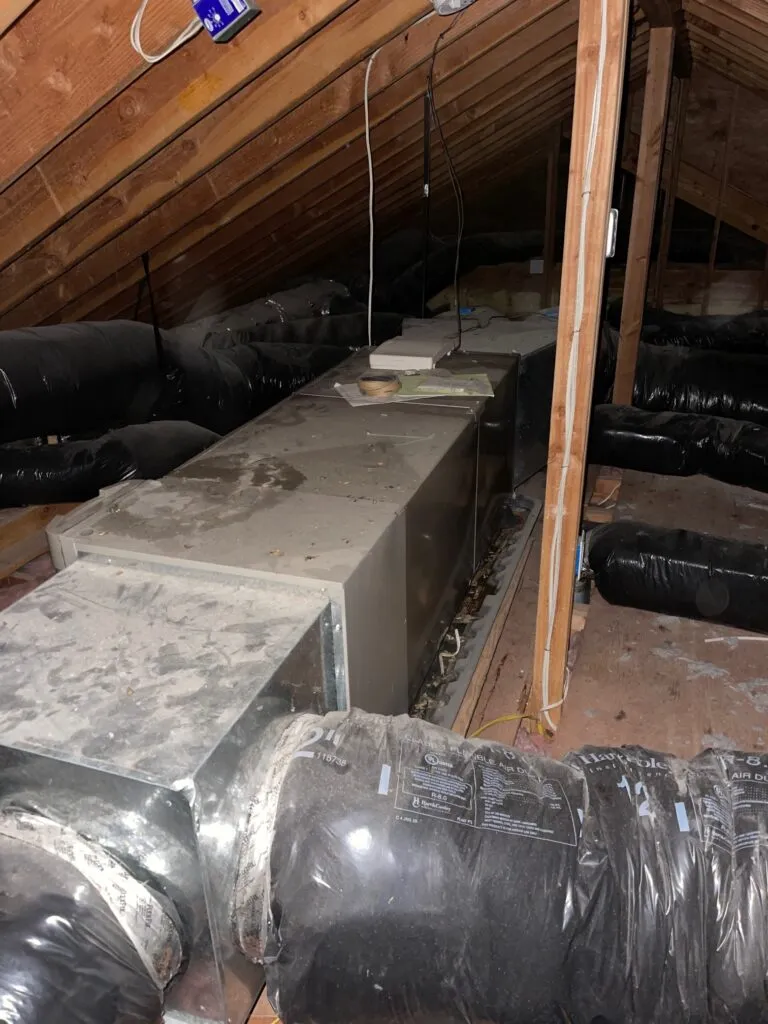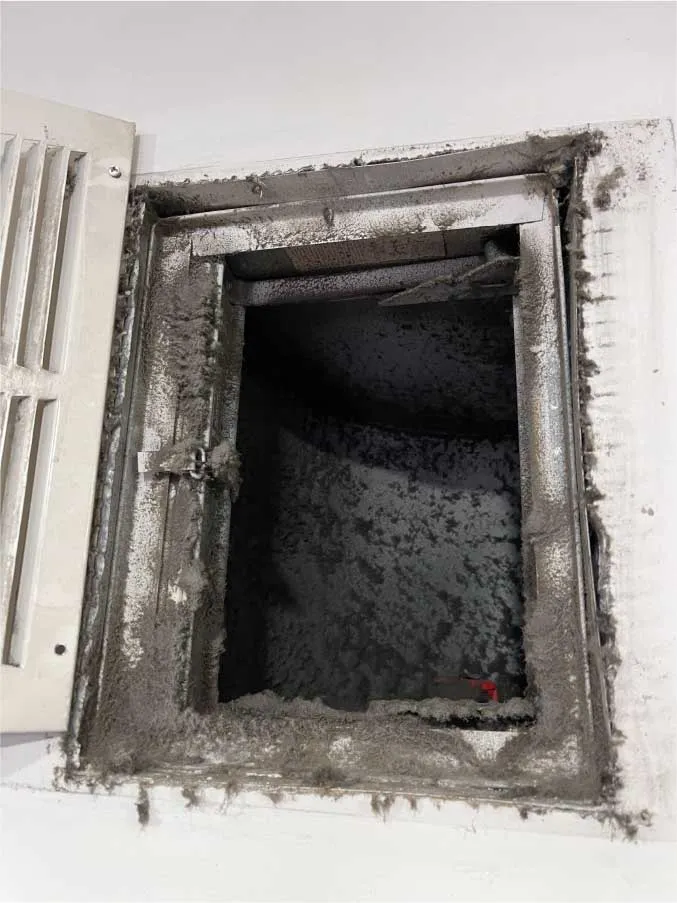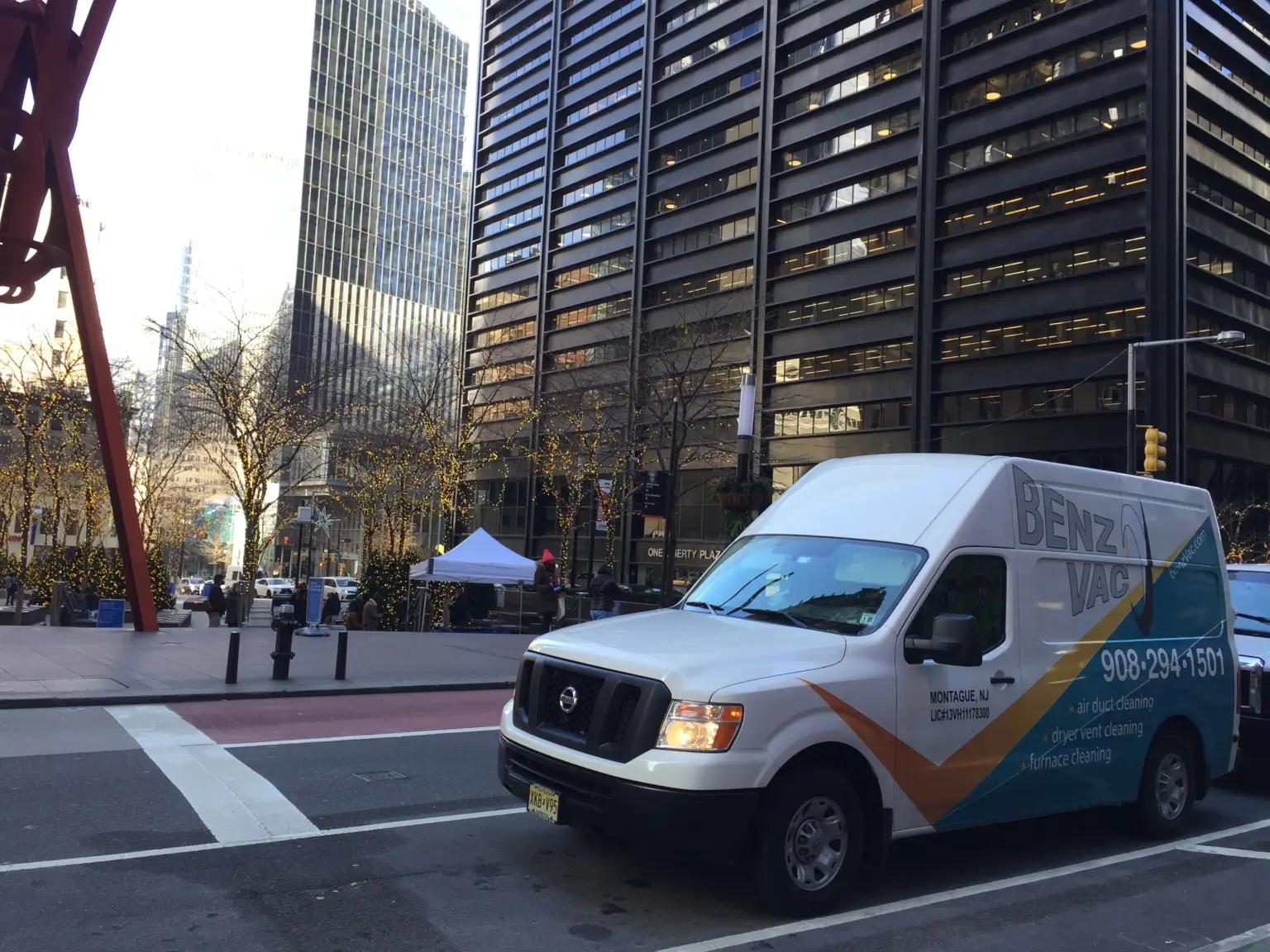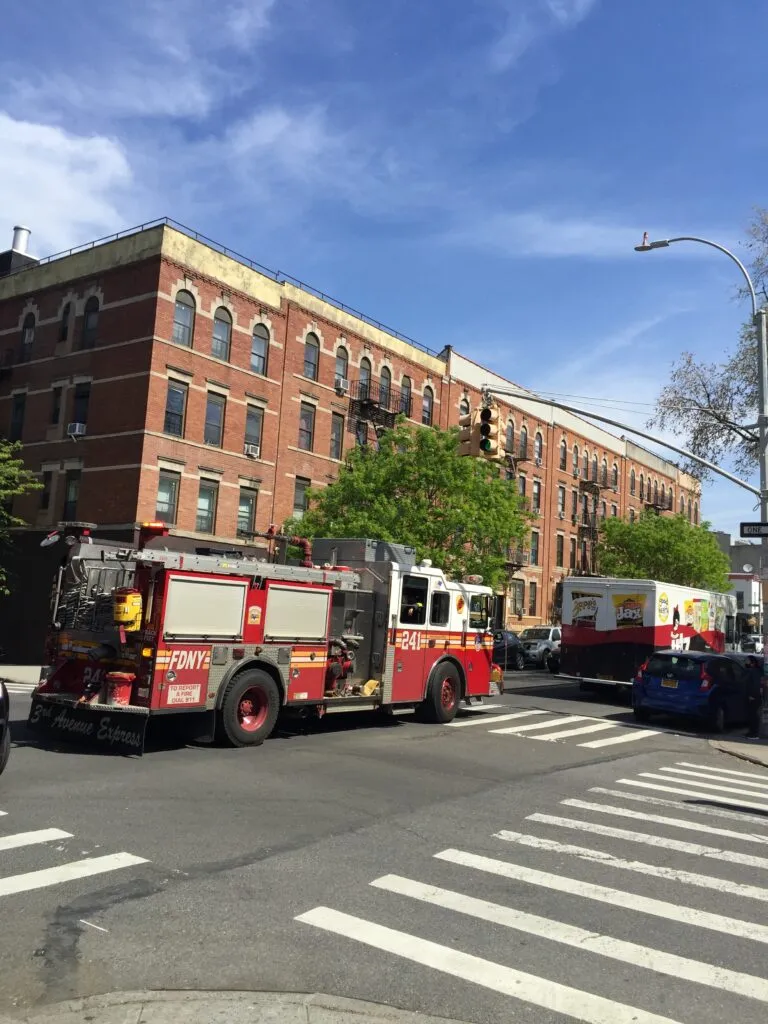Danger of Mold in AC Units and Ways to Discover it
How do we feel standing outside on a scorching summer day? Totally annoyed. While staying outdoors in the blazing heat, we only wish to enter a cool, air-conditioned environment. The moment we step in, we feel so relaxed that we don’t want to leave that place.
Air conditioners provide more than just relief from the heat on a hot summer day. They help in the prevention of major illnesses such as heat stroke and distill some allergens and impurities. People with lung or heart illness, who may find it difficult to breathe easily when the air is hot and humid, may benefit from air conditioners.
But what if the air conditioner makes you sick? In case you are wondering, how is it possible to get sick in an air-conditioned place? Well, that’s the mold build-up in an AC unit that causes respiratory issues.
Air conditioners, if not properly cared for and maintained, can also create medical issues, particularly when mold develops inside them.
Mold can grow in the Air conditioner, which is one of the deadliest places for it to flourish. Mold in your air conditioner can offer many health dangers as well as wreak damage to your system.
There’s no doubt you want to eliminate it, even if it’s not always dangerous. As a precaution to prevent further growth, you should clean your AC unit as soon as you doubt the presence of mold in it.
An important question is, how can you doubt the presence of mold in your AC unit? What indicates that mold is growing inside the AC unit? How can you check for mold buildup in your AC unit? Today we’ll find the answers to these questions in this post.
Mold in Your Air Conditioner Might Be Dangerous
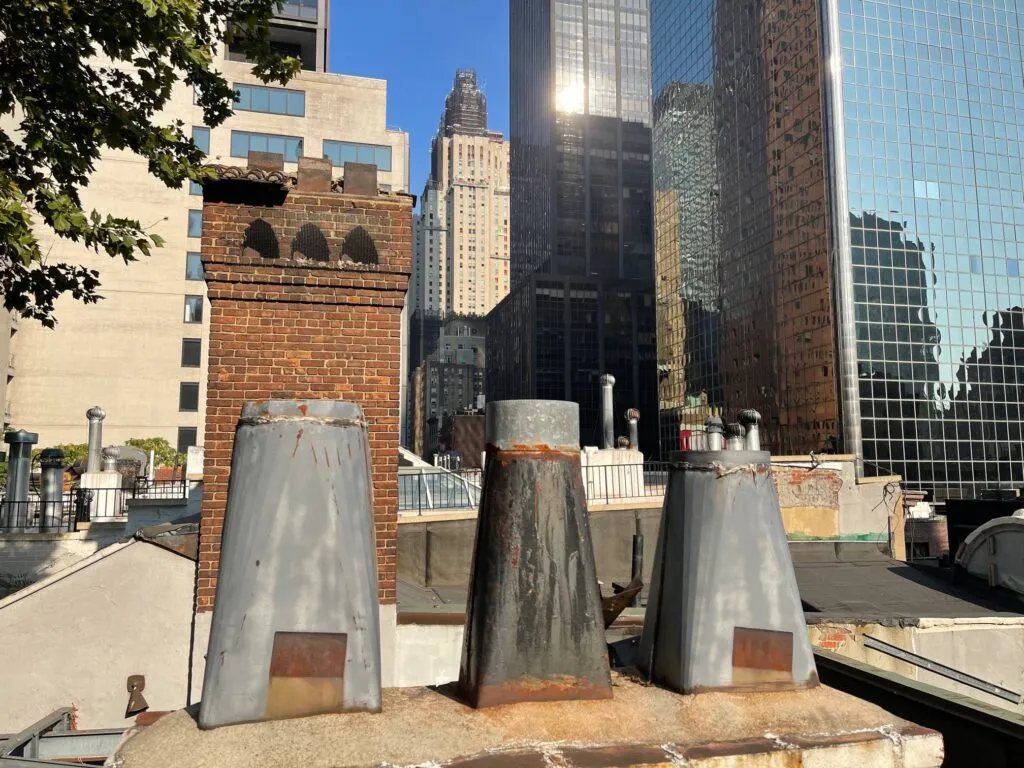
Mold in Your Air Conditioner
Spores are discharged from the mold growing in your house. The problem comes with humans ingesting those spores. Molds can cause nasal stuffiness, sore throats, coughing or wheezing, eye discomfort, or, in some circumstances, skin irritation, according to the CDC. Mold allergy sufferers may have more serious complications.
When people with weak immune systems or persistent lung diseases, such as obstructive pulmonary disease, are exposed to mold, they may get severe infections in their lungs.
When your AC unit has mold growing inside, it raises your risk of getting a respiratory illness. Mold on the surface is never a good indication. It could indicate a variety of problems with your ducts, among which moisture is the most common one. Therefore, it is essential to check your AC units for mold growth, especially to ensure that you and your family remain in good health.
What Causes Mold to Grow in Your Air Conditioner?
Mold grows best in wet, warm, and dark areas. Your Air conditioner’s interior is just that, especially if you don’t use it very often.
Let’s take a closer look at the three critical factors that create the ideal habitat for mold growth:
- Temperature
Many fungi, including mold, thrive at temperatures between 60 and 80 degrees Fahrenheit, which is also perfect for human comfort. These temperatures, when combined with high humidity levels, can contribute to mold growth. Furthermore, temperature fluctuations within your home exacerbate the situation.
- Moisture
The Air conditioner eliminates moisture from interior air as part of its typical running cycle. While this improves the comfort of your home’s environment, it also increases the risk of moisture condensation as air goes through the Air conditioner. If you see water leaks around your Air conditioner, repair them right away, or mold will form. High humidity levels in your home can exacerbate the problem. It is advised that these levels be kept below 50% to prevent mold growth.
- Nutrition
Mold requires organic substances to grow, which can be found in the form of pollen, dust, skin, pollen, or other indoor airborne pollutants. The majority of these contaminants can pass through air filters and collect in ducts or other parts, allowing mold to grow. Mold can thrive in the presence of moisture and organic materials in the air, such as dust or skin particles.
Mold and mildew issues in Air conditioner can be aggravated by other frequent Air conditioner issues.
How to Check the Mold Growth in an AC Unit?
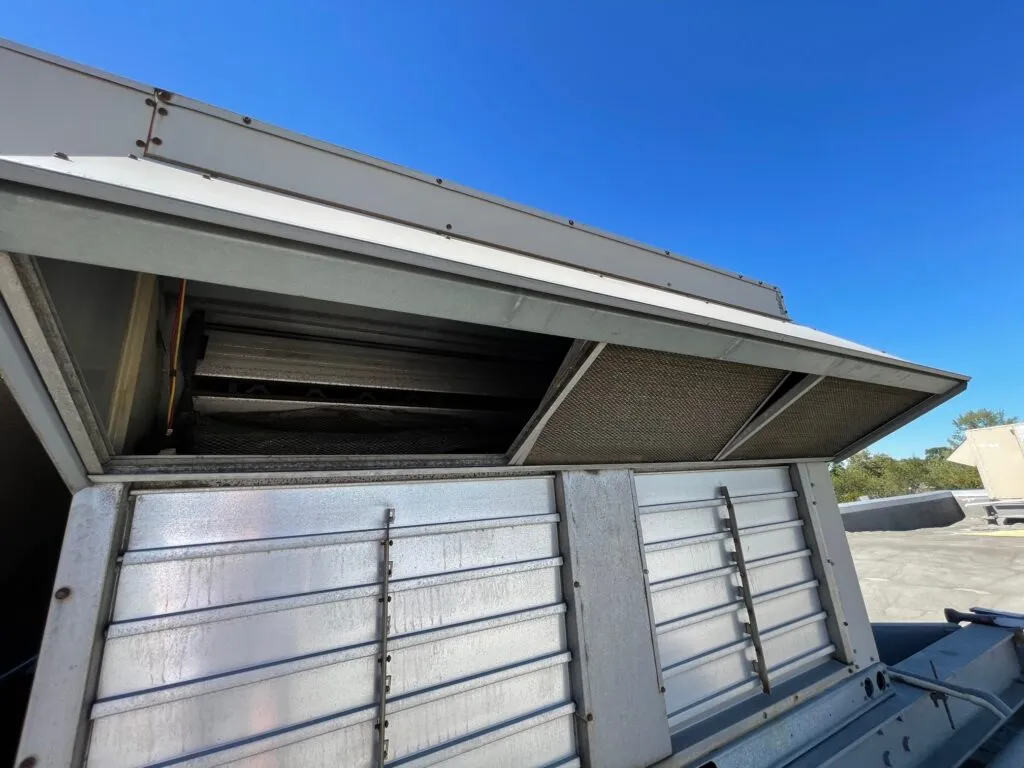
Check the Mold Growth in an AC Unit
- Louvers
- Determine The Source of the Air Conditioner’s Odor
- Symptoms
- The AC Emits an Ammonia Odor
- Mold in Drip pans
- Accumulated Water in the AC Unit
- Examine The Air Conditioning Vents
- Examine The Area Behind the Vent Cover
- Carefully Inspect the Air Ducts
- Inspect The Plenum
- Examine the Return Air Vents
- Inspection of AC coils
What Types of Air Conditioners Are Vulnerable to Mold Growth?
Usually, these types of Air conditioners are used in houses.
- Wall-mounted standalone units
- Window Air conditioners
- Central air conditioning systems
Portable and Free-Standing Air Conditioners
Mold can grow on every Air conditioner, but there are certain differences in mold identification and removal procedures.
Mold Growth in Standalone A.C Units
Some Air conditioners are fitted on the wall. These units, like window Air conditioners, only cool one room and are not linked to a home’s ductwork. This makes it easier to find and address the mold issues in the A.C units. However, it becomes more difficult to deal with mold in this type of A.C unit since these units are permanently fitted.
Mold Growth in Window Air Conditioners
Window-mounted Air conditioners are frequently easy to examine and remove. You might feel capable of dealing with mold in your window unit on your own, depending on your degree of skill and confidence. But you should always be very careful while inspecting the window A.C for mold growth and use safety tools.
Mold Growth in Central Air Conditioners
If mold is discovered, central Air conditioners pose a significant problem. They are usually significantly larger pieces of equipment that are installed in inaccessible locations. The fact that they are connected to a ventilation system that is prone to mold growth is an even bigger issue. Replacement is rarely a practical choice for central air systems because they are so much larger and more complicated than smaller units. If you have a mold infestation in one of these units, expert help from vent and duct cleaning services is recommended.
Mold Growth in Free Standing Air Conditioners
Free Standing Air conditioners have become quite famous. This type of A.C unit utilizes a window opening to vent moisture and air, just like window-mounted units.
Because these units are generally designed to be moved about easily, you may believe you can manage and possibly deal with a moldy unit without the assistance of a professional. Even so, if you detect mold in a free-standing unit, proceed with caution.
What Kind of Mold Develops in AC Units?
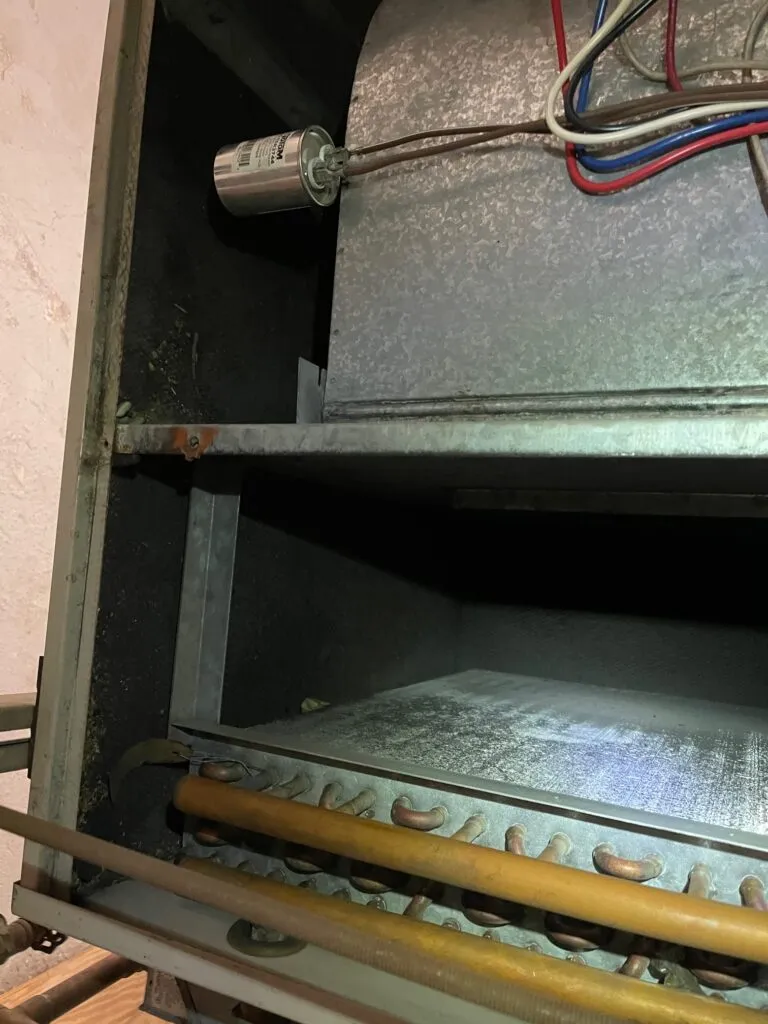
Mold comes in thousands of different varieties. The following are the most frequent molds detected in Air conditioners and ductwork:
Cladosporium
A mold genus with a green to black look is commonly considered harmless. However, it can nevertheless cause allergic reactions and aggravate asthma.
Stachybotrys Chartarum
Stachybotrys Chartarum, sometimes known as toxic mold or black mold, is a highly lethal mold species that creates harmful mycotoxins.
Aspergillus
A mold fungus genus that can cause allergic responses and sickness in people who have compromised immune systems.
Eliminating Mold in Air Vents
Mold is a bioactive compound that may be found almost everywhere, but it should never be allowed to develop within an Air conditioner. If mold is developing on the coils of your Air conditioner, have a professional from vent cleaning services inspect it. Here are a few strategies to eradicate mold in your air vents:
Vacuum the exposed duct inside and out to remove dust.
After 15 minutes, the vent grille should be removed from the basin. Run it under water and let it dry out.
To avoid spreading the dried mold dust around, spray water inside the duct.
Use soapy water to clean the duct surfaces and allow them to dry. Afterward, reassemble it.
How to Stop Mold Growth in an A.C Unit?
Bacteria and fungi that develop in humid areas can grow on the interior of Air conditioners, generating a musty odor and health issues. For people who suffer from allergies or respiratory problems, mold can trigger sinus problems or headaches. Asthma episodes have been reported to be triggered by these troublesome spores.
Luckily, there are steps you can take to avoid this. You should check the condensation conditions at the bottom of your AC unit to ensure that there are no leaks. If you find dampness down there, you should contact vent cleaning services.
Ensure that your Air conditioner is appropriately insulated as well. Less moisture and warm air enter with a properly insulated system, resulting in less mold formation.
To prevent mold formation in the interior of your vents, you should frequently change the filters as directed by the manufacturer.
When Should You Seek Help from Vent Cleaning Services?

Seek Help from Vent Cleaning Services
There are many preventive ways that you can do to stop mold formation in your AC units. However, when the mold growth aggravates, you need to talk to an ac cleaning service for an effective solution. When you experience the following situation, consult professional air duct services.
- If you have anyone in your home who is especially vulnerable, this may include people with severe asthma or allergies, as well as people with weakened immune systems. Mold-related health problems may be more prevalent in young children and the elderly.
- If there are any structural issues as a result of dampness, contact a certified contractor or a structural engineer to help you determine what has to be done.
- If the mold is so bad that it’s impossible for you to get rid of it on your own.
How Do Professionals Eradicate Mold in AC Units?
Mold on your Air conditioner may appear to be similar to mold in other areas of your home. Don’t be scared if you notice mold forming on your unit; all you have to do now is clean and eliminate the growth entirely before restarting your system. But don’t wait too long. The longer you leave your air conditioner running with mold growing on it, the more likely mold spores will disseminate throughout your home.
Don’t know where to begin? Having professional air conditioning vent cleaning and air conditioning duct cleaning services to handle the mold issue is a wonderful option. Mold is frequently found inside and behind the grill cover, where it is difficult to reach. If you notice mold on the outside of your unit, your vent and duct cleaning service will inspect the interior to ensure that no traces of mold are present in the Air conditioner.
Professional air conditioning vent cleaning and air conditioning duct cleaning services employ high-end equipment, including HEPA (High-Efficiency Particulate Air) air scrubbers, commercial-grade dehumidifiers, HEPA vacuums, and so on. The common man doesn’t have the specialized tools required to completely eradicate mold growth from his Air conditioner.
Experts in vent cleaning services and air duct services are mold remediation experts that have undergone extensive training and experience. This covers information on how to set up proper containment, how to use antimicrobial agents to remove mold and mold spots, and how to prevent mold. A sealer or encapsulant is frequently used by mold professionals to make the treated areas more resilient to water damage and mold, as well as to aid with odor management.
Final Thoughts
Air conditioners provide more than just relief from the heat on a hot summer day. They help in the prevention of major illnesses such as heat stroke and distill some allergens and impurities. However, the problem comes when the same AC units make us fall sick. This happens due to the mold development inside your AC units. AC units are one of the deadliest places for mold growth. The presence of mold inside AC units raises your risk of getting a respiratory illness. Mold on the surface is never a good indication. It could indicate a variety of problems with your ducts, among which moisture is the most common one. Therefore, it is essential to check your AC units for mold growth, especially to ensure that you and your family remain in good health.
Take a look at our locations in New Jersey below and give us a call to begin work with the best ac vent cleaning company!
To schedule an appointment or if you have any questions, call our office today! You should now have a better idea of who is the best ac vent cleaning company in New Jersey!

